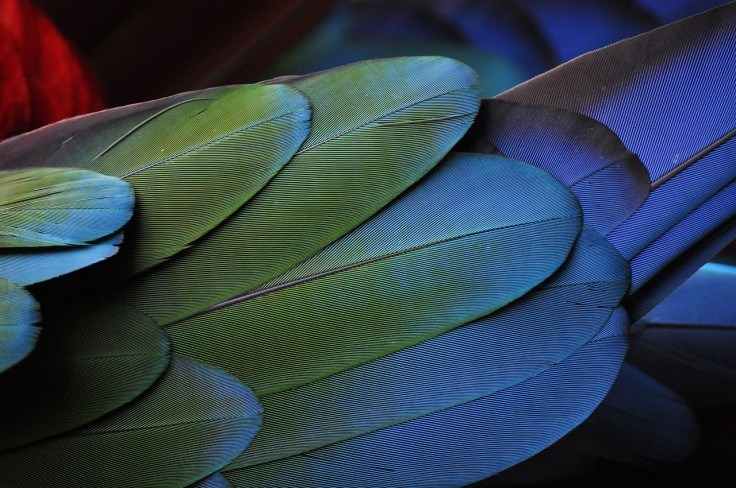Man Who Suffered From Shortness Of Breath For Years Is Allergic To His Pet Parrot
A 72-year-old man who had persistent breathing disorders for years was heartbroken to learn he is allergic to his beloved pet parrot, despite having owned it for 25 years.
David Griffiths, from Wales' Swansea city, the U.K., was devastated after doctors advised him to remove his pet parrot, Bobby, stating that the allergy caused by the bird reduced his lung capacity and it can harm him to the point of needing oxygen in a wheelchair, Wales Online reported.
Griffiths' breathlessness increased as he started to spend more time at home since his retirement in 2012. Concerned, he went to his general physician who referred him to a respiratory specialist at Morriston Hospital. The specialist doctor found out that Griffith is allergic to the dust coming from Bobby's wings.
Griffith said that he then had no choice but to place Bobby with his daughter. "The specialist informed me that my lung capacity went down to 70% and if I didn’t remove Bobby from the house I would end up in a wheelchair on oxygen. Bobby now lives with my daughter and is still very much a big part of the family," he told Wales Online.
Griffith's symptoms and lung capacity came back to normal within nine months since Bobby left the house. Griffiths sees the parrot from time to time when visiting his daughter and grandchildren. Luckily, his problems haven't re-emerged after the occasional visits to Bobby.
Griffith, who owned the parrot for more than two decades, recalled a funny episode related to the bird. "Bobby is an African Grey Parrot and is a big character, regularly chatting and singing to us! One time when we were away, a neighbor mistook him for a burglar. They could hear someone shouting ‘hello’ from inside our house. After a police search, they realized it was Bobby our parrot!" he told itv.
"Sadly our much-loved pets can trigger allergic reactions and asthma symptoms because of their feathers and fur. In David’s case, a powder called feather dander is released when birds clean their feathers, play or wash," Joseph Carter, head of Asthma UK & the British Lung Foundation, told itv.
"If you’re breathing in dust caused by birds, you can develop an immune response called hypersensitivity pneumonitis. The symptoms include cough, shortness of breath and sometimes fever and joint pains. If you are experiencing any of these symptoms our advice is to see your GP," Carter said.























